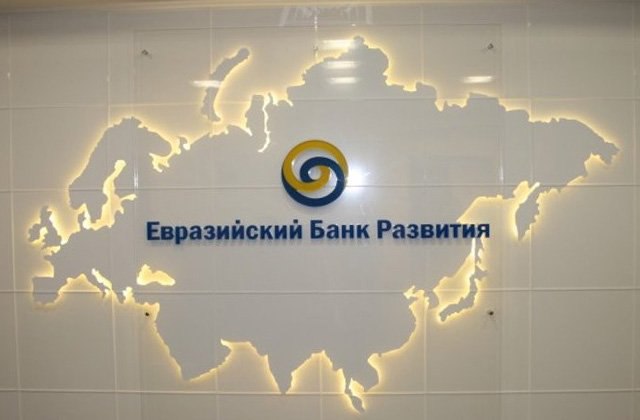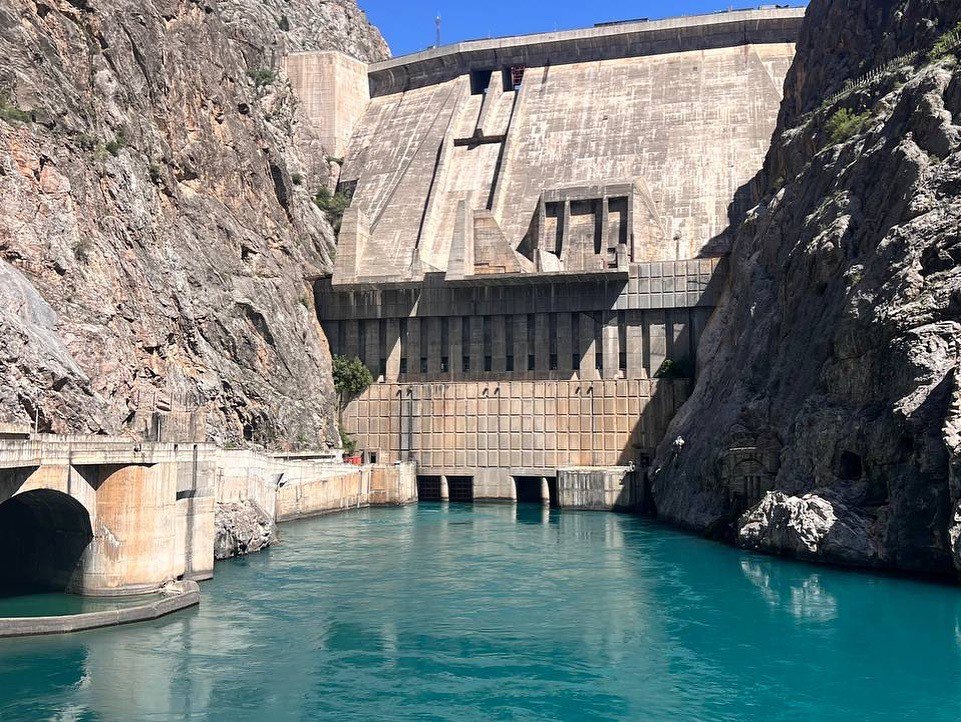Hydropower Development in Kyrgyzstan Gets Boost from EDB
The Eurasian Development Bank (EDB), the Ministry of Economy and Commerce, and the Ministry of Energy of Kyrgyzstan have signed a trilateral Memorandum of Cooperation for the Suusamyr-Kokomeren Hydropower Plant (HPP) Cascade Project. The memorandum outlines the EDB’s commitment to providing financial support for the preparation of project documentation, including a pre-feasibility study. The agreement focuses on developing the financial and economic model for the project, estimating capital costs, evaluating social and environmental impacts, and determining technical solutions and government support measures needed for its success. The Suusamyr-Kokomeren HPP Cascade will be located on the Kokomeren River and is expected to play a pivotal role in Kyrgyzstan’s energy sector. The cascade will consist of three hydropower plants with a combined capacity of 1,305 MW, meeting the country’s increasing electricity demands. Sanjar Bolotov, Kyrgyzstan’s Deputy Minister of Economy and Commerce, emphasized the significance of the project, commenting: “This major project will not only meet the country’s domestic electricity needs but also position Kyrgyzstan as a leading exporter of clean energy in the region.” The EDB is a multilateral development bank that includes Armenia, Belarus, Kazakhstan, Kyrgyzstan, Russia, and Tajikistan as member states. It is dedicated to investing in regional development initiatives across Eurasia. The Suusamyr-Kokomeren HPP Cascade is part of the EDB’s flagship investment initiative, the Central Asian Water and Energy Complex. This mega-project aims to strengthen water and energy cooperation among Central Asian countries while addressing local socio-economic challenges.






